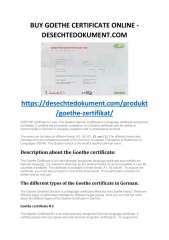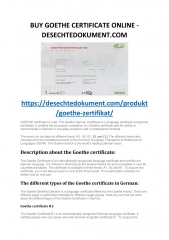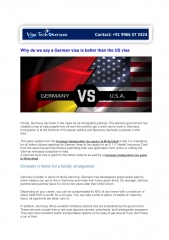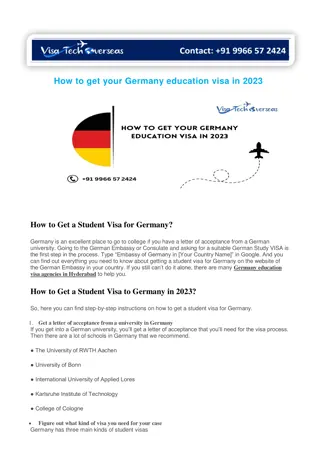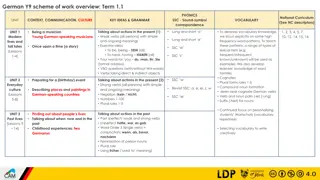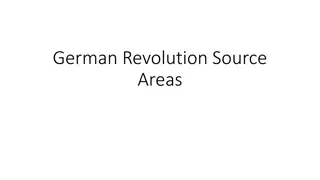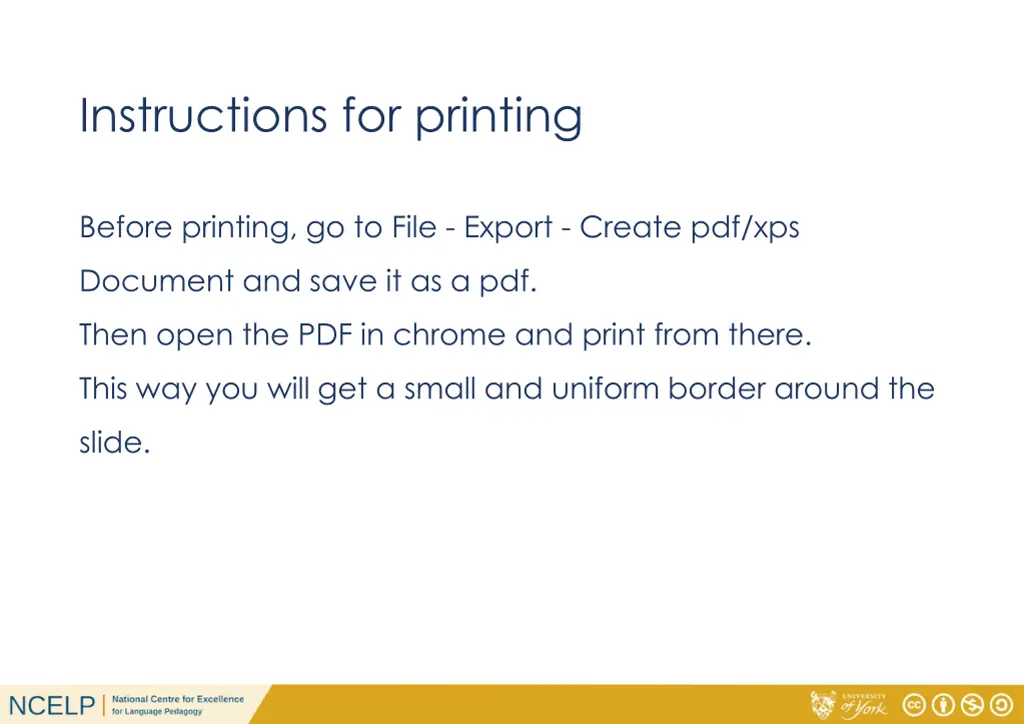
Efficient Printing Instructions for PDF Border Uniformity
Learn the effective method for achieving a small and consistent border around your slides when printing by exporting as a PDF, opening in Chrome, and then printing from there. This detailed guide ensures optimal results in your document printing process.
Download Presentation

Please find below an Image/Link to download the presentation.
The content on the website is provided AS IS for your information and personal use only. It may not be sold, licensed, or shared on other websites without obtaining consent from the author. If you encounter any issues during the download, it is possible that the publisher has removed the file from their server.
You are allowed to download the files provided on this website for personal or commercial use, subject to the condition that they are used lawfully. All files are the property of their respective owners.
The content on the website is provided AS IS for your information and personal use only. It may not be sold, licensed, or shared on other websites without obtaining consent from the author.
E N D
Presentation Transcript
Instructions for printing Before printing, go to File - Export - Create pdf/xps Document and save it as a pdf. Then open the PDF in chrome and print from there. This way you will get a small and uniform border around the slide.
[94] [39] [173] was? wo? wer? [246] [28] [583] warum? wie? wann? [138] [28/60] [28/60] wie viele? wie viel? welcher ? Images: Steve Clarke Source: Jones, R.L. & Tschirner, E. (2006). A frequency dictionary of German: core vocabulary for learners. Routledge.
wo? [94] Images: Steve Clarke Source: Jones, R.L. & Tschirner, E. (2006). A frequency dictionary of German: core vocabulary for learners. Routledge.
wer? [173] Images: Steve Clarke Source: Jones, R.L. & Tschirner, E. (2006). A frequency dictionary of German: core vocabulary for learners. Routledge.
was? [39] Images: Steve Clarke Source: Jones, R.L. & Tschirner, E. (2006). A frequency dictionary of German: core vocabulary for learners. Routledge.
wann? [583] Images: Steve Clarke Source: Jones, R.L. & Tschirner, E. (2006). A frequency dictionary of German: core vocabulary for learners. Routledge.
wie? [283] Images: Steve Clarke Source: Jones, R.L. & Tschirner, E. (2006). A frequency dictionary of German: core vocabulary for learners. Routledge.
warum?[246] Images: Steve Clarke Source: Jones, R.L. & Tschirner, E. (2006). A frequency dictionary of German: core vocabulary for learners. Routledge.
welcher? welche? / welches? [138] Images: Steve Clarke Source: Jones, R.L. & Tschirner, E. (2006). A frequency dictionary of German: core vocabulary for learners. Routledge.
wie viel? [28/60] Images: Steve Clarke Source: Jones, R.L. & Tschirner, E. (2006). A frequency dictionary of German: core vocabulary for learners. Routledge.
wie viele? [28/60] Images: Steve Clarke Source: Jones, R.L. & Tschirner, E. (2006). A frequency dictionary of German: core vocabulary for learners. Routledge.

